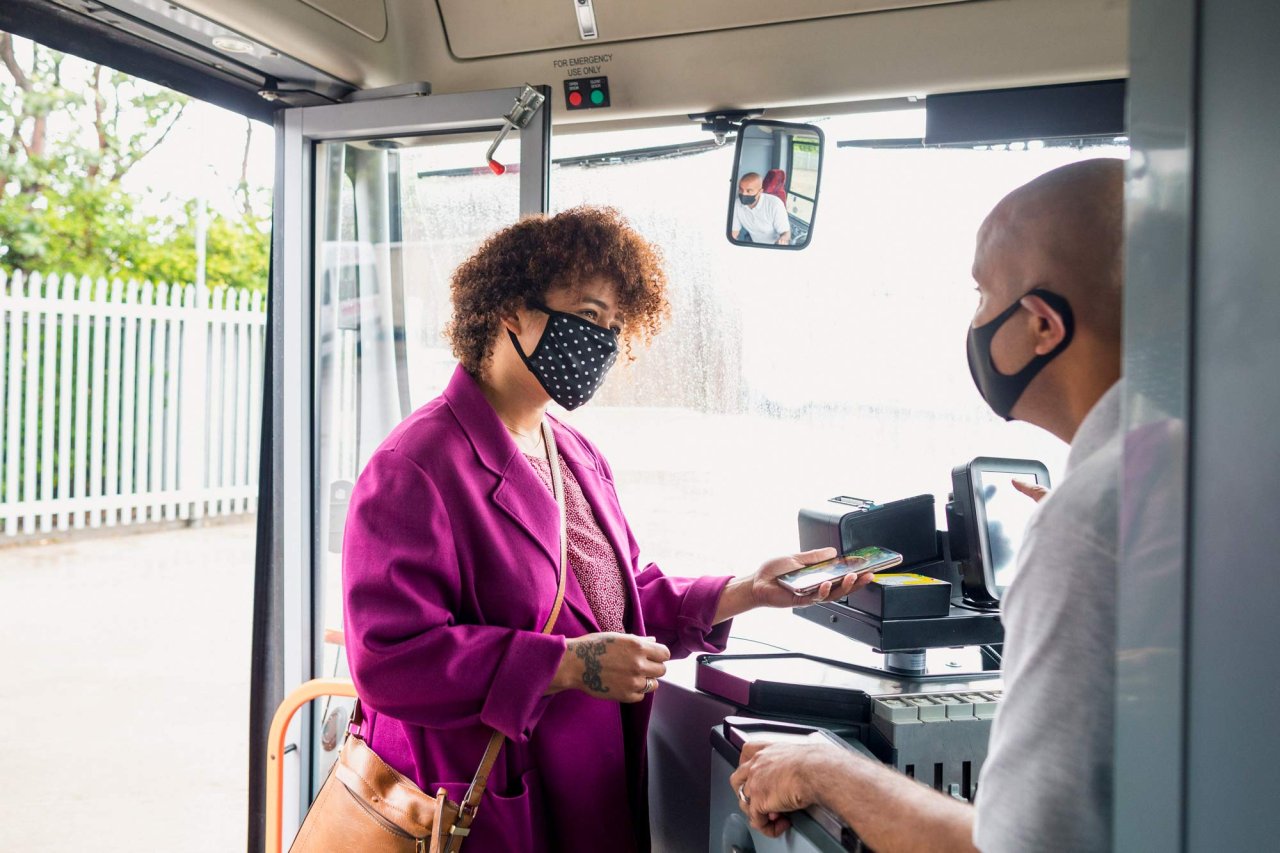The recent Stuff article discussed the impact that COVID was having on border workers and those working in jobs with a higher risk of exposure to COVID – which raises some important questions around how we treat these workers moving forward.
With the recent news that the virulent UK strain is now in the community again, the question is raised – why aren’t we paying these workers hazard pay as standard? Foodstuffs temporarily paid people 10% more for the period of the initial lockdown – which was absolutely the right thing to do. Some managed isolation hotels have paid their workers more since Covid-19 but they were in the minority. As the situation has evolved over the last year, we have people continuing to work for large organisations in roles that are increasingly deemed ‘risky’. This raises the consideration that surely these larger organisations need to be paying these workers ‘hazard pay’ to compensate them working in riskier conditions. In the instance that an organisation has benefitted financially this argument is even more compelling.
What Is Hazard Pay?
Countries such as the US and the UK use hazard pay for workers performing hazardous duties for the period which they are performing these duties. Both the amount of the pay and the conditions under which it is paid would be determined by the employer or may form part of collective bargaining.
How Hazard Pay Works
In countries that use hazard pay, it is generally paid on top of regular hourly wages or salary, usually by way of increased hourly pay rate. Hazard pay is often applied as a premium; for example, an employer might agree to pay a 10% premium when an employee works under what is deemed hazardous conditions. For those hours, the employee would earn 10% more money than their normal hourly wage. Alternatively, hazard pay may be issued at a flat rate—for example, $250 per month.
The big question really is – whilst it could be recommended to employers, should we be legislating for this to become part of the Act?



